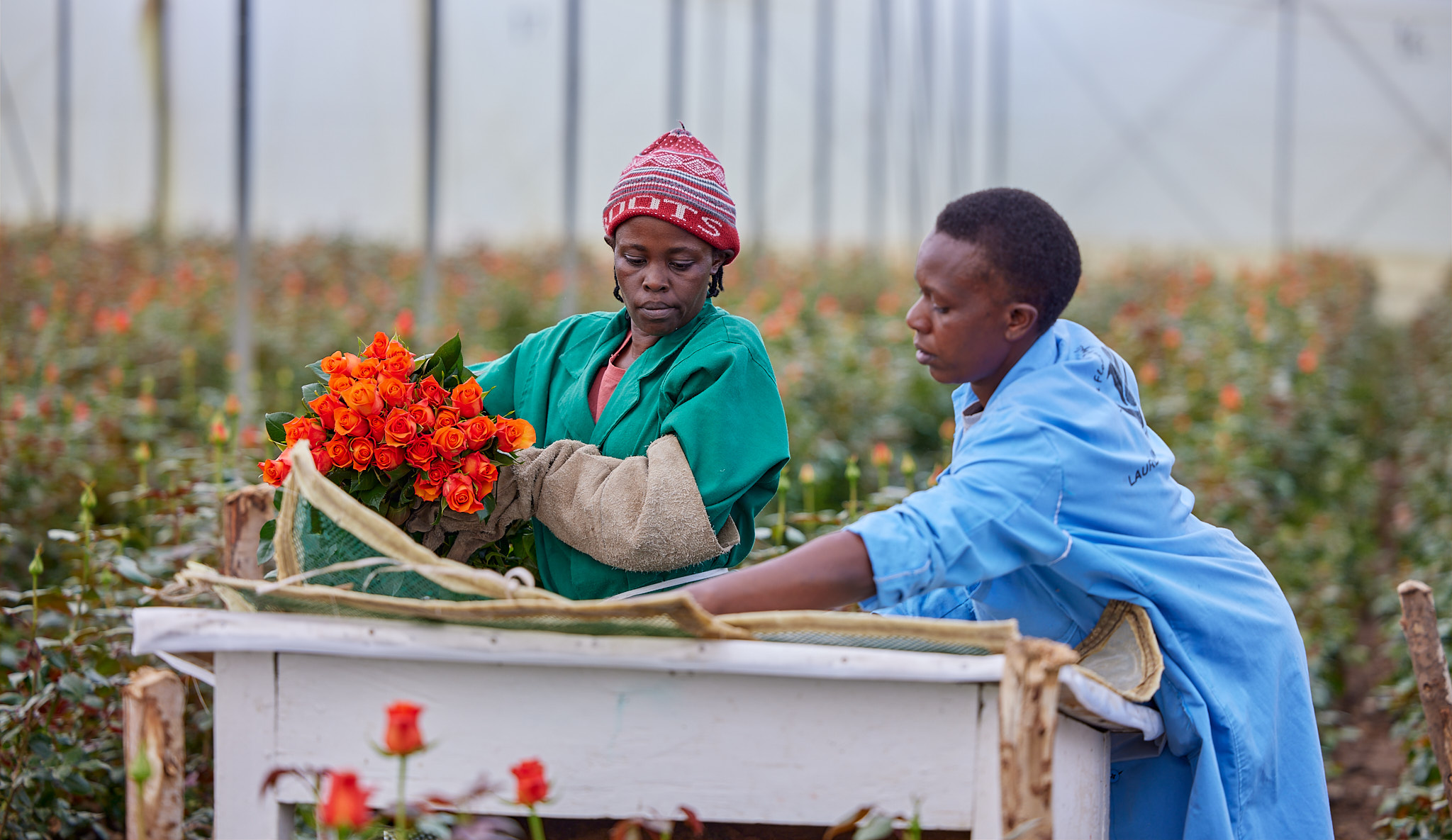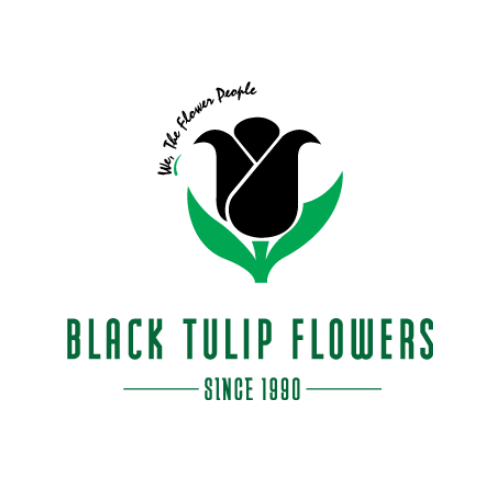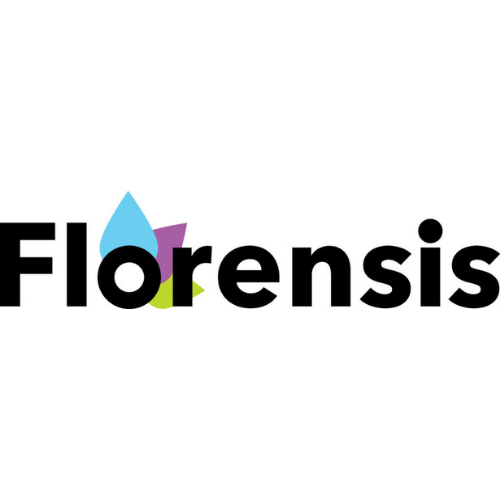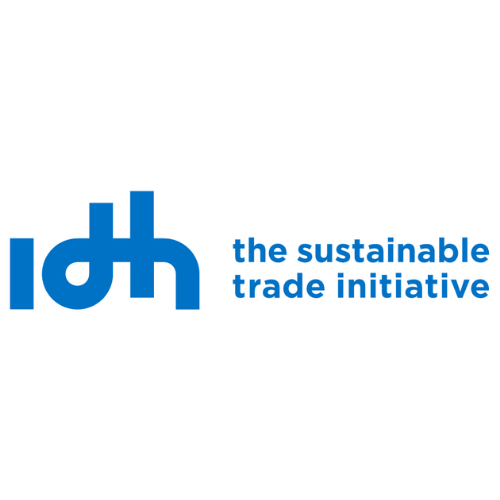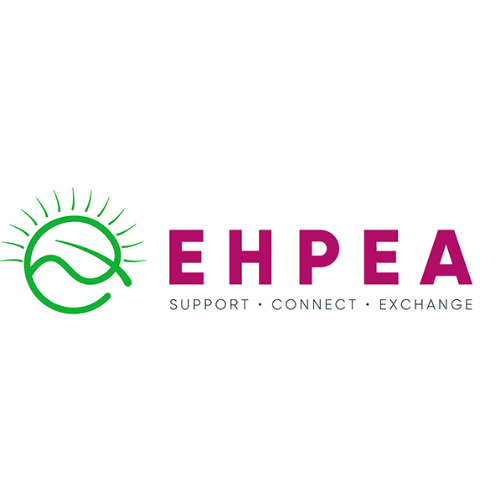The Dutch flower sector has gained seven new Gender Champions!
This year, seven HR and Sustainability Managers of Dutch flower companies: Royal van Zanten, FM Group, Dutch Flower Group, Dümmen Orange and the association of wholesalers VGB, completed [...]
Establishing gender-responsive farm policies
This case study summarises what the Kenyan flower farm Laurel has done to review their policies using a gender lens, and the resultant steps to mainstream gender in their human rights due diligence work.
Embedding a continuous review of policies into the business cycle
The Florensis Kenya Limited farm provides for remediation with a gender-specific focus to ensure that all of their policies and practices are gender-responsive and equitable.
Communicating the impact of building women worker’s resilience in a global crisis
MM Flowers has openly communicated about both their commitment to workers’ rights as well as the programmes and projects they undertake to uphold this commitment.
Incorporating women’s rights in tracking implementation improves results for business and workers.
IDH has strong and ongoing commitments to eradicating gender inequality in worldwide supply chains. Their work in the floriculture sector is evidence of this.
Investing in women pays dividends and reduces adverse impacts
EHPEA emphasises the need for gender specific interventions that actively address the adverse impacts of business against women.
Sexual harassment assessments by gender committees drastically reduce cases
Van Den Berg RoseS uses gender committees to identify and assess gender inequality at their flower farms.
Women’s rights and well-being embedded in policies means increased success for business
Fairtrade International champions gender equality and more particularly women’s rights. Their extensive commitment to upholding these rights in policymaking aligns them with Gender-Responsive Due Diligence.
